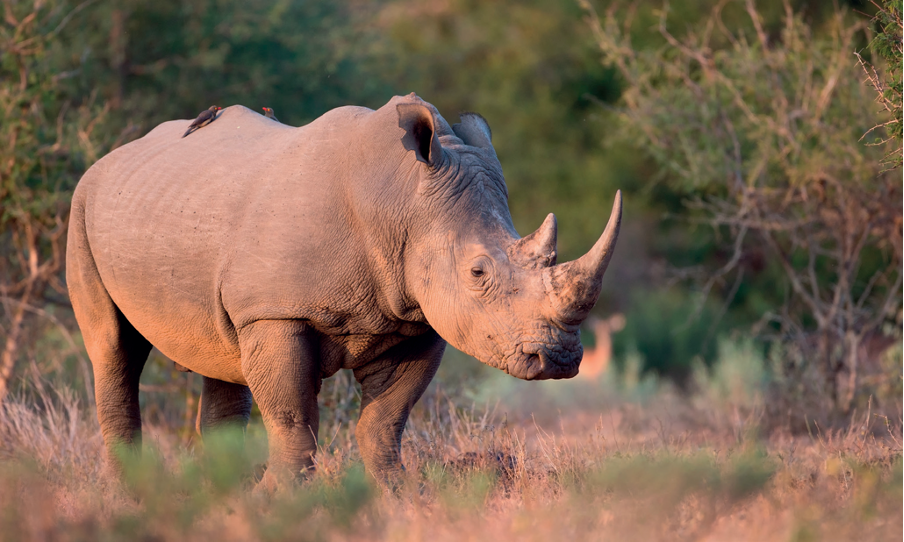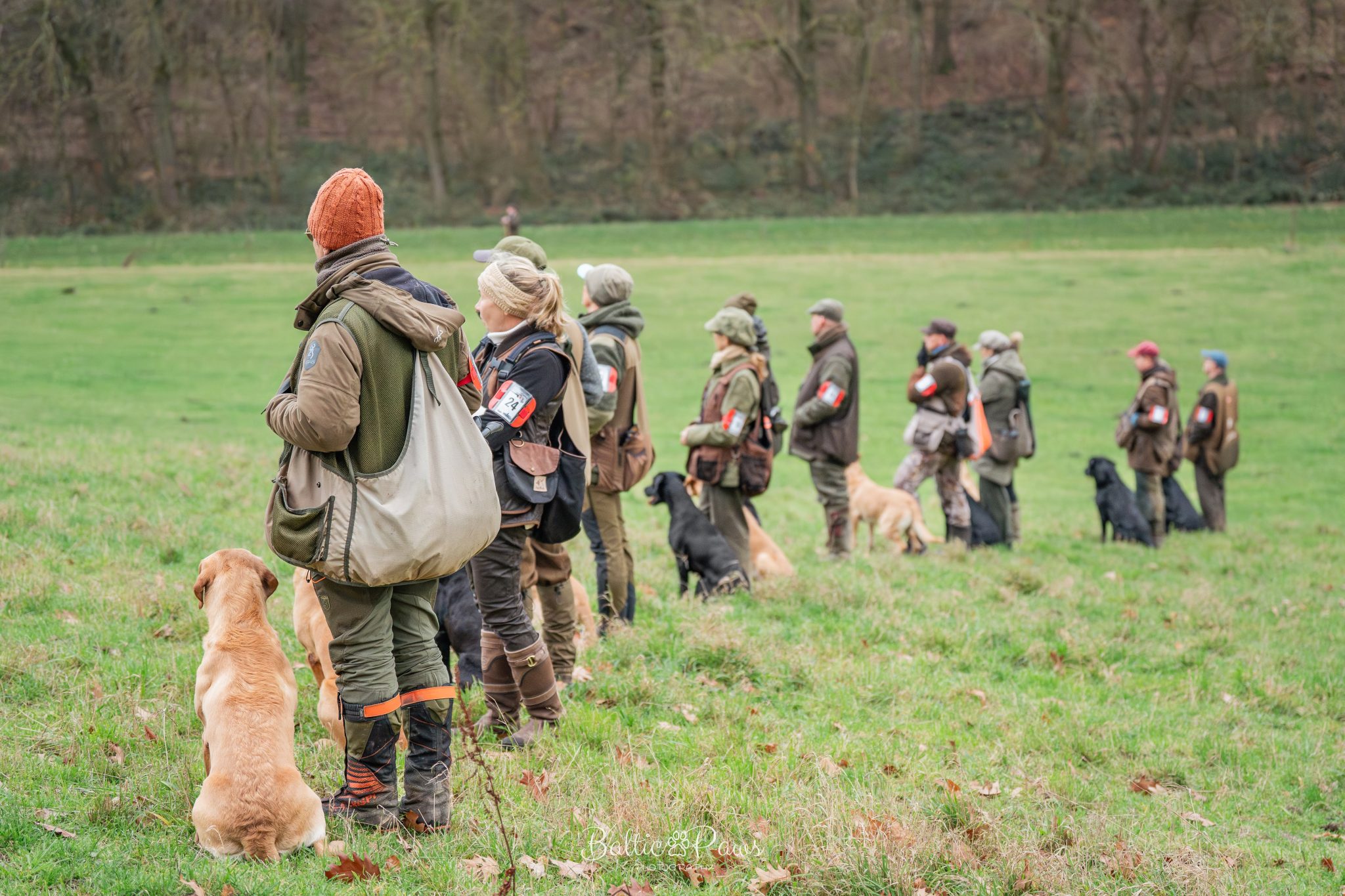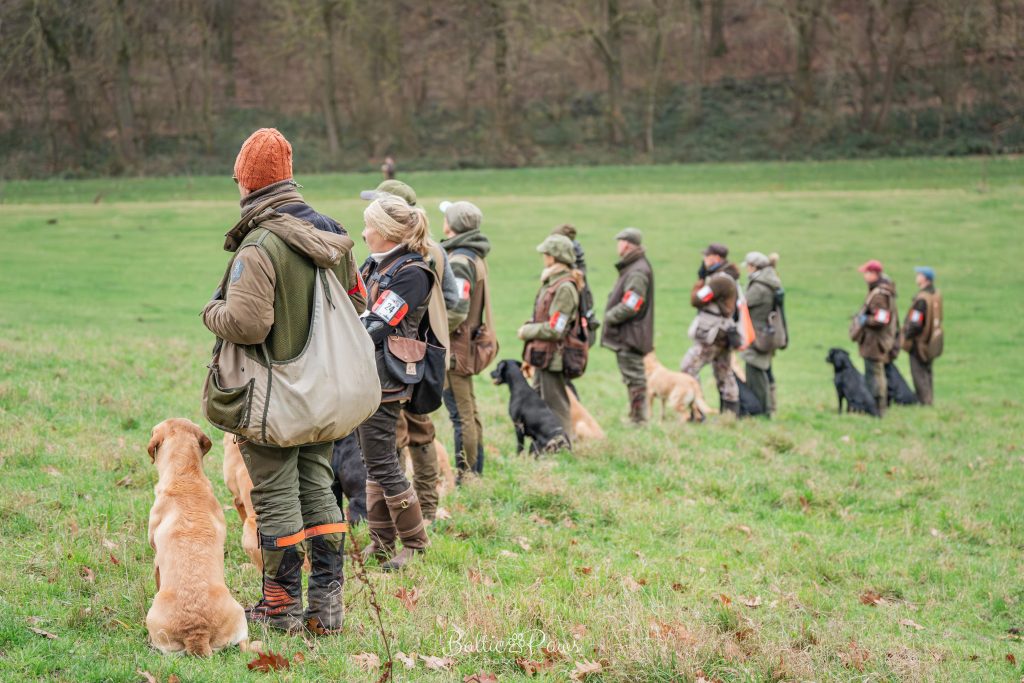The countdown is on for The British Shooting Show – book tickets online today and save on gate price!
Expert calls for legal rhino horn trade to combat crime

A leading wildlife expert has called for the international trade in rhino horns to be legalised in order to take it out of the hands of criminals. Martin Wikelski of the Max Planck Institute of Animal Behaviour argues that only carefully monitored, legitimate transactions in horns can save the world’s remaining rhino species.
Mr Wikelski’s proposal involves removing the horn and allowing a new one to grow, with the horn being sold to generate funds for the animals’ protection.
However, creating a legal trade could increase demand, provide opportunities for money laundering and complicate law enforcement’s ability to distinguish between legal and illegal sources.
Firearms expert Diggory Hadoke told ST: “The merits of a legalisation of rhino horn remain contentious. Certainly, the stockpiles kept by conservationists would, if sold, raise significant revenue that could be used to support their ongoing, and huge, expenses into the future.
“However, legalising the sale of rhino horn could complicate the curtailing of the illegal trade by cross-contaminating legal and illegally sourced supplies along trade routes.”
Related Articles
Get the latest news delivered direct to your door
Subscribe to Shooting Times & Country
Discover the ultimate companion for field sports enthusiasts with Shooting Times & Country Magazine, the UK’s leading weekly publication that has been at the forefront of shooting culture since 1882. Subscribers gain access to expert tips, comprehensive gear reviews, seasonal advice and a vibrant community of like-minded shooters.
Save on shop price when you subscribe with weekly issues featuring in-depth articles on gundog training, exclusive member offers and access to the digital back issue library. A Shooting Times & Country subscription is more than a magazine, don’t just read about the countryside; immerse yourself in its most authoritative and engaging publication.







